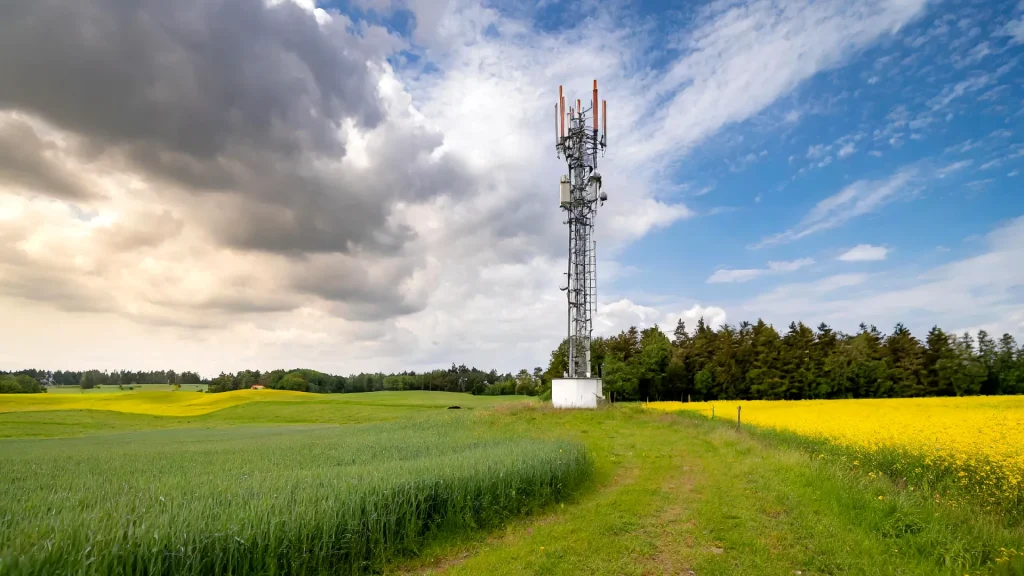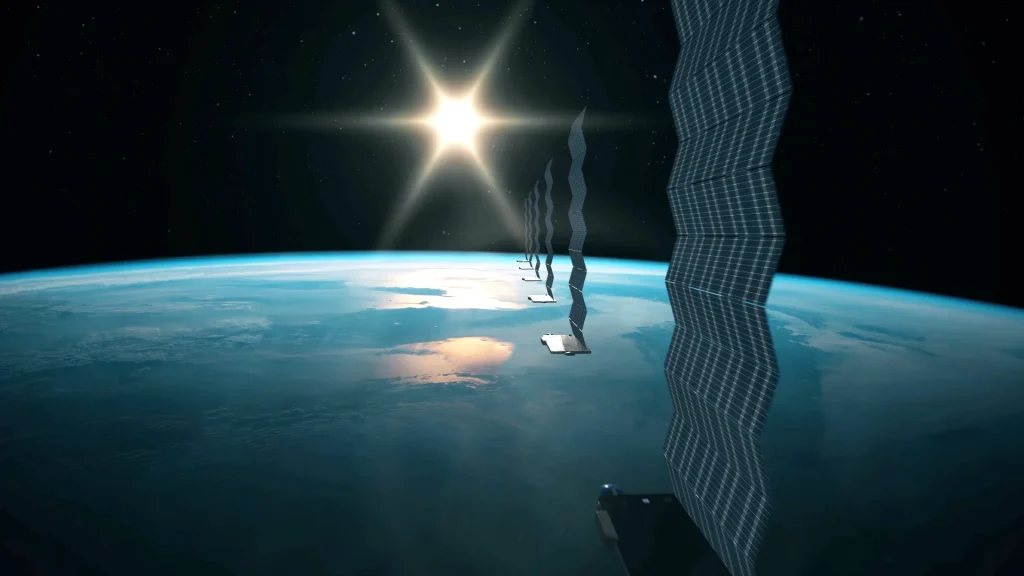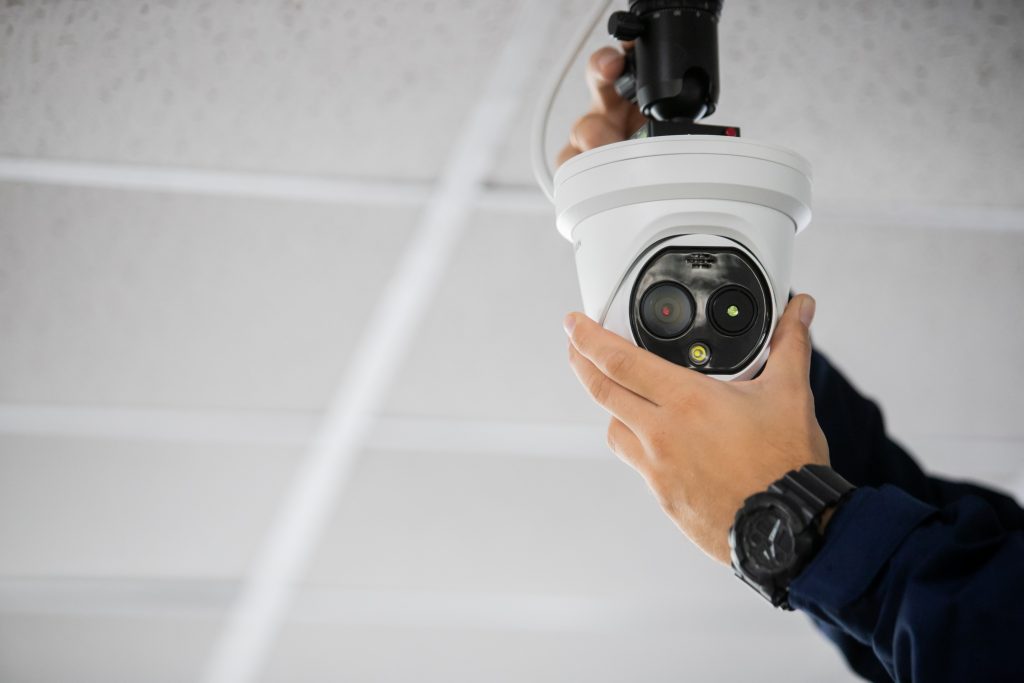Domestic & Commercial CCTV
Installations in Ayr
TV Local Scotland Ltd specialises in the CCTV installation to improve security for your home or business. We proudly serve Ayr and the surrounding areas.
CCTV Ayr
TV Local Scotland offers professional CCTV installation services in Ayr. Our experienced team can visit your property to conduct a thorough security assessment and recommend the best possible solution for your needs. Once you are satisfied with our recommendation, we can begin the process of installing cameras to prevent crime.
During the security assessment, you will be able to identify potential problems on and around your property and decide where to install the necessary cameras. In addition to providing and installing security cameras, we will also take the time to understand your property and your specific security needs in order to provide the most effective protection.
Need CCTV on your property?
Our CCTV services include
- A range of internal and external CCTV cameras
- Free CCTV survey
- CCTV risk assessment
- Domestic CCTV installations and upgrades
Services you can rely on
Our CCTV Service in Ayr, East Ayrshire
Installing a security camera in your home can greatly reduce the risk of crime on your property. If you choose to hire us to install your CCTV system, you can be confident that it will be of the highest quality. A local CCTV installer will come to your property for an evaluation and provide you with recommendations for the best system to meet your needs. We specialize in home CCTV systems, and you can trust us to provide the best service in the area.
Frequently Asked Questions
CCTV stands for closed-circuit television. It is a type of video surveillance system that uses cameras to capture footage, which is then transmitted to a specific location for monitoring. CCTV systems are often used in public spaces, businesses, and homes to prevent crime and provide security. The footage from CCTV cameras can be viewed in real-time or recorded for later review.
CCTV systems typically consist of a camera that captures footage, a video recorder that stores the footage, and a monitor that allows the footage to be viewed. The camera is connected to the video recorder using a wired or wireless connection, and the video recorder is connected to the monitor. The camera captures footage and sends it to the video recorder, where it is stored. The footage can then be viewed on the monitor in real-time or accessed later for review. Some CCTV systems also allow the footage to be accessed remotely using a smartphone or other device.
There are several different types of CCTV cameras, each with their own unique features and benefits. Some common types of CCTV cameras include dome cameras, bullet cameras, PTZ (pan-tilt-zoom) cameras, and hidden cameras. Dome cameras are discreet and can be mounted on the ceiling or wall. Bullet cameras are more noticeable, but they are typically weatherproof and have a longer range. PTZ cameras can be remotely controlled to pan, tilt, and zoom in on a specific area. Hidden cameras are small and discreet, and can be placed in objects like clocks or smoke detectors to covertly record footage. The best type of CCTV camera for you will depend on your specific security needs and the layout of your property. It’s a good idea to consult with a CCTV professional to determine the best cameras for your situation.
The cost of CCTV installation can vary depending on several factors, such as the number of cameras, the type of cameras, the size of your property, and any additional features or equipment that you want to include. On average, a basic CCTV system with a few cameras can cost between £500 and £1,000, while a more advanced system with multiple cameras and additional features can cost £2,000 or more. It’s a good idea to shop around and compare prices from different companies to find the best deal. You can also discuss your specific security needs with a CCTV professional to get an accurate estimate for the cost of installation.
Yes, many CCTV cameras are designed to be used outdoors. Outdoor CCTV cameras are typically weatherproof and can withstand extreme temperatures, rain, snow, and other weather conditions. They may also have additional features such as night vision, which allows them to capture clear footage in low-light conditions. It’s important to choose an outdoor CCTV camera that is specifically designed for outdoor use to ensure that it will function properly in any weather. It’s also a good idea to consult with a CCTV professional to determine the best type of camera for your specific outdoor security needs.
In most cases, you do not need a special license to install CCTV cameras on your property. However, there may be some legal restrictions on the use of CCTV cameras in certain areas, so it’s a good idea to check with your local government or a CCTV professional to determine any potential restrictions. In general, as long as you are not using the CCTV cameras to invade someone else’s privacy or break any laws, you should not need a special license to install them.
Yes, CCTV cameras can be connected to the internet, which allows you to access the footage remotely from a smartphone, tablet, or computer. This can be useful if you want to monitor your property while you are away, or if you want to share access to the footage with others.
You can view footage from CCTV cameras using a monitor that is connected to the video recorder. Some CCTV systems also allow you to view the footage remotely using a smartphone or other device that is connected to the internet.
Not all CCTV cameras have the ability to record audio, but some do. If you want to record audio as well as video, you will need to choose a CCTV camera that has an audio recording feature. Keep in mind that recording audio may be subject to additional legal restrictions, so it’s a good idea to check with your local government or a CCTV professional before installing a camera with this feature.
In general, CCTV cameras are not a violation of privacy as long as they are installed on your own property and are not pointed at someone else’s property. However, there may be some legal restrictions on the use of CCTV cameras in certain areas, so it’s important to check with your local government or a CCTV professional to determine any potential restrictions. It’s also a good idea to let your neighbours know if you are installing CCTV cameras, especially if they are visible from their property.
Related Blogs

Impact of 5G Technology on Satellite Internet and TV Services
As 5G technology continues to be deployed globally, its impact on various industries is becoming increasingly apparent. One such area experiencing significant transformation is satellite

Can I Watch TV Through Starlink Technology?
In recent years, the way we consume television and access the internet has changed dramatically. Traditional cable TV is giving way to streaming services, and

How to Secure Your Home with Advanced CCTV Technology
Home security is a critical concern for many homeowners, especially in today’s world where crime rates can be unpredictable. Ensuring that your home is well-protected

